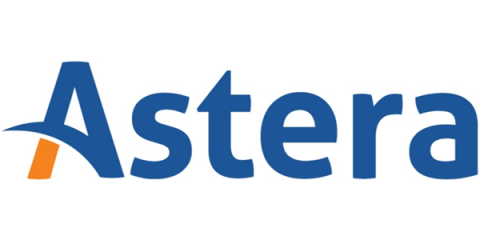8 Best Accounts Payable (AP) Automation Software with AI Technology in 2025
It’s 2025, and manual finance workflows are a thing of the past—or at least they should be. Enterprises and organizations in the healthcare, financial services, logistics, and retail sectors deal with thousands of invoices daily. Considering the high volume, automation is the obvious solution to ensure efficient and streamlined operations.











